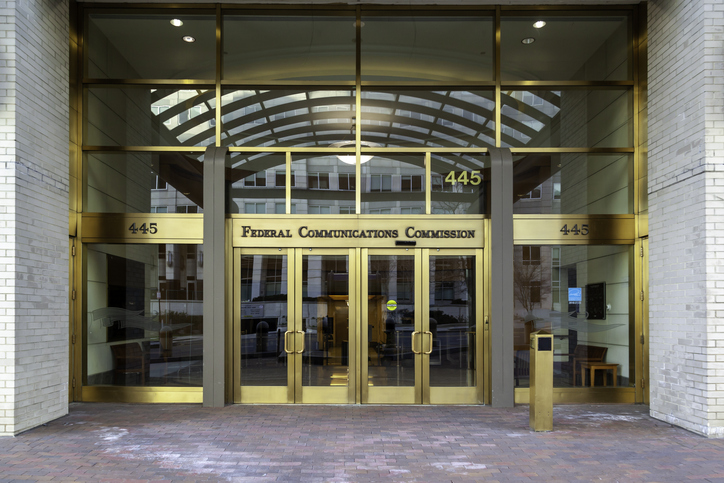On July 12, the U.S. Department of Justice announced that telecommunications provider Armstrong Group, based in Butler, Pennsylvania, has agreed to pay $6.5 million to settle False Claims Act accusations. The government alleges that Armstrong Group knowingly violated the Federal Communications Commission’s (FCC) rules for the High-Cost Program and submitted improper costs to inflate the subsidies received from the federal Universal Service Fund (USF).
The settlement stems from a qui tam whistleblower suit filed by James Ranko, Armstrong Group’s former Controller. Mr. Ranko will receive $1,267,500 as his share of the recovery.
The False Claims Act’s qui tam provisions enable private citizens and private parties to file lawsuits on behalf of the government if they know of an individual or company defrauding the government. Qui tam whistleblowers are eligible to receive between 15 and 30% of the government’s recovery.
The USF was established by the FCC to guarantee that all Americans had access to affordable, reliable, nationwide communication services with enough facilities. The USF consists of four initiatives, one being the High-Cost Program. Its objective is to guarantee that contemporary communications networks are accessible to customers in high-cost, isolated, and rural locations at prices that are equivalent to those in cities. This is accomplished through the High-Cost Program, which offers federal funding to eligible telecommunications companies, including incumbent local exchange carriers (ILECs), to support the development of more connectivity infrastructure across the country.
The government has alleged that “between 2008 and 2023, five ILECs owned by Armstrong Group (Armstrong Telephone Company – Maryland, Armstrong Telephone Company – New York, Armstrong Telephone Company – Northern Division, Armstrong Telephone Company – Pennsylvania, and Armstrong Telephone Company – West Virginia) failed to comply with FCC regulations that governed what costs they were allowed to report for purposes of claiming subsidy payments from the government, and as a result these companies received greater subsidy payments than those to which they were entitled.”
“Telecommunications providers that seek to participate in important FCC programs like the High-Cost Program must comply with applicable rules, including those governing how they report the costs used to calculate their subsidies,” said Principal Deputy Assistant Attorney General Brian M. Boynton, head of the Justice Department’s Civil Division.
“In the digital age, it is critical for everyone, everywhere to have access to reliable, high-speed broadband, including in rural and underserved areas. That is why we are laser-focused on pursuing waste, fraud, and abuse in these critical programs and ensuring that available funds flow to companies that play by the rules,” said General Counsel Michele Ellison for the FCC. “I applaud the continuing collaboration among the Office of General Counsel, the Office of the Inspector General, and the U.S. Department of Justice toward this important objective.”
Alongside the civil settlement, Armstrong Group also entered into a comprehensive corporate compliance agreement with the Federal Communications Commission (FCC), which mandates that the corporation make significant improvements to its internal controls and implement thorough oversight and monitoring procedures.
On July 25, a bipartisan group of senators introduced the False Claims Amendments Act of 2023, which address a few technical loopholes undermining the success of the FCA. The bill is widely supported by whistleblower advocates.
National Whistleblower Center (NWC) has issued an Action Alert calling on Congress to pass the bill.
Join NWC in Taking Action:
Demand that Congress strengthen the False Claims Act
Further Reading:
Bipartisan Legislation Unveiled to Strengthen False Claims Act
